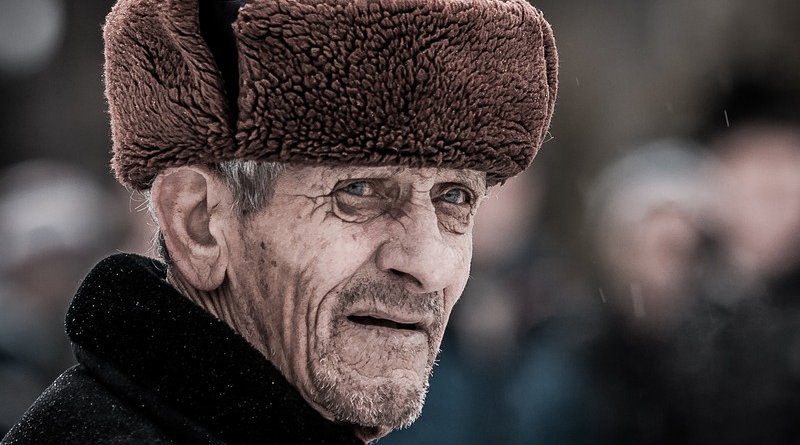Russia On Course To Suffer 400,000 More Deaths Than Births In 2020 – OpEd
By Paul Goble
In the first five months of 2020, the State Statistical Agency Rosstat reports, the Russian population declined because there were 221,300 more deaths than births, a decline 22.4 percent greater than in the same period a year earlier and one that puts the country on course to see its population fall by the end of this year by 380,000 to 420,000.
The number of deaths rose to 783,800, 0.3 percent more than in the same period in 2019, while the number of births fell to 562,500, 6.3 percent less than a year ago. And that comes on top of a natural decline of 680,000 between 2016 and 2019, a figure equivalent to the population of the city or Irkutsk, Khabarovsk or Barnaul (krizis-kopilka.ru/archives/78345).
With the projected loss this year, Russia under Putin since 2016 will see its population fall by more than a million, equivalent to the loss of all t he people in Perm, Voronezh or Ufa. And if one considers the entire Putin period (2000 to now), Russia’s population loss by 2025 will be in a range between 4.5 million and 5.5 million, roughly the population of St. Petersburg.
It isn’t so much that Russians are dying in greater numbers bur rather than potential parents do not want to bring children into the world. The fertility rate, the number of children per woman per lifetime, now does not exceed 1.5, far below the replacement requirement of 2.2 children, in part because having children pushes people into poverty.
That is suggested by Rosstat figures showing that 26 percent of all children in Russia now live in poverty and twice that share, 52 percent, do so if they are in large families. As one observer put it to Krizis-Kopilka, “the people don’t believe the authorities, are tightening their belts, concerned only about survival and don’t have funds to feed, clothe or educate children.”
The Kremlin has a solution, of course. It isn’t trying to help Russian families but rather to bring in more immigrant workers without rights who can be exploited more easily and then sent home if and when they aren’t needed. But as the Russian population falls, that date is likely to be delayed far into the future.

